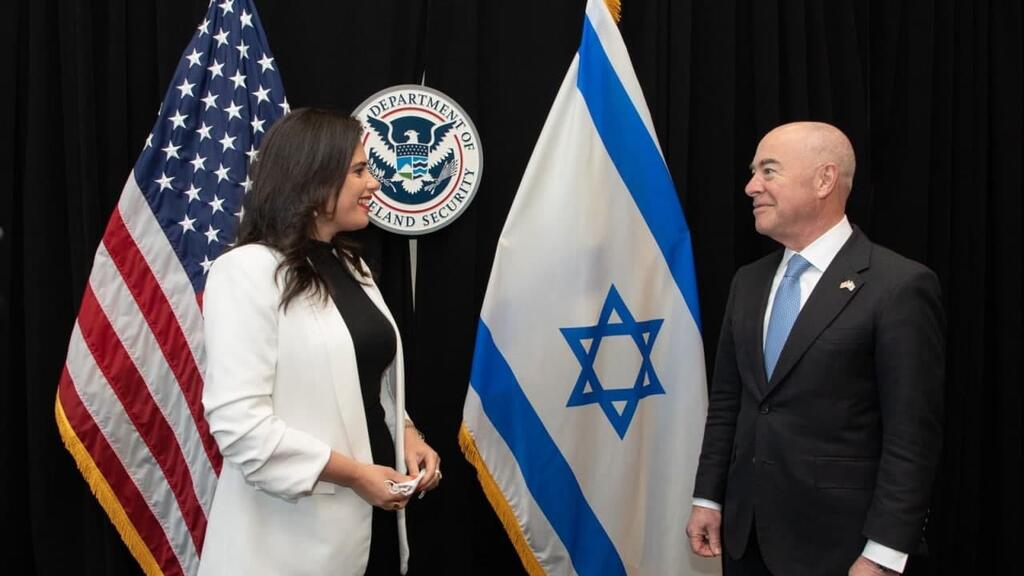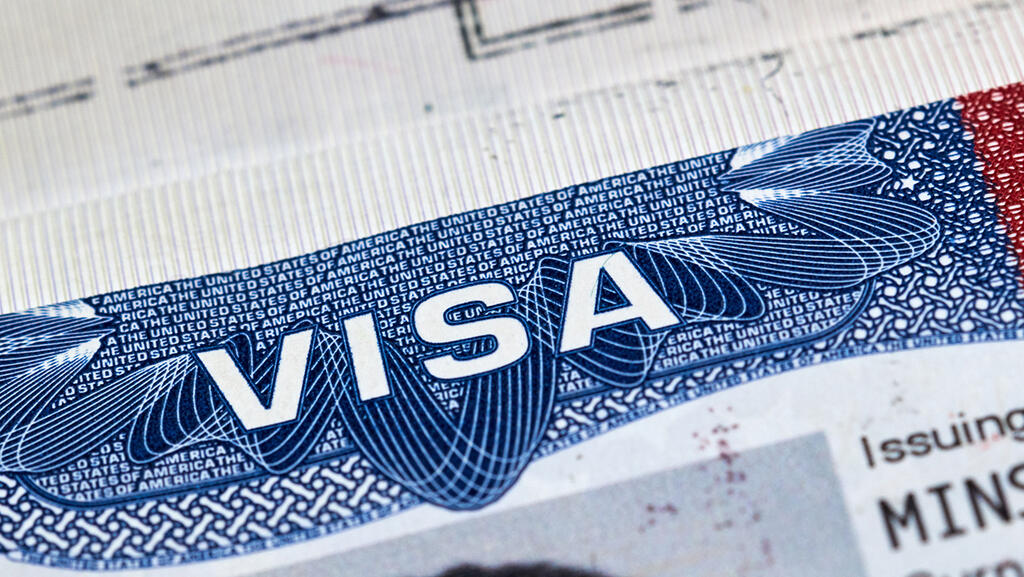A senior official in the U.S. embassy in Jerusalem said on Thursday that if the Knesset fails to pass legislation necessary for Israel to comply with the Visa Waiver Program (VWP), Israelis may have to wait another year or 18 months, before another opportunity for exemptions from the need to apply for tourist visas, becomes available.
The source emphasized that the procedure's progress should not be put off until after the elections.
The Opposition, led by Benjamin Netanyahu, is refusing to approve the laws, and insists on waiting until after the elections before allowing legislation to come to a vote.
In June, Netanyahu was approached by U.S. Ambassador Tom Nides who requested he remove his objections to the law. Netanyahu had said he would support legislation only if the coalition would concede to his demands for elections to be held in October and not in November as the outgoing government had decided.
But such a delay, would significantly set back the process, the source said, because the U.S. Department of Homeland Security (DHS) would require time to officially approve Israel's candidacy in the VWP.
If the legislation gets passed in the near future, the visa exemptions could be implemented as soon as the end of 2021, said the source.
To push forth the VWP, the Knesset must approve the transfer of information to the United States regarding Israelis with criminal or security concerns, before they board flights bound for the U.S., in order to allow the DHS to prepare for any steps they may need to take to avert danger or receive information on suspects involved in money laundering.
3 View gallery


Ayelet Shaked with Secretary of Homeland Security Alejandro Mayorkas last year
(Photo: Shmuel Almani)
The software necessary for these laws must be set in place before the DHS can administer approval, a process that could take 9-12 months, from the moment legislation is approved.
Undeterred by the American's attempts to advance the matter, the opposition continues in its obstruction, claiming that the legislation could lead to invasion of privacy, despite the fact that all 40 countries joining the VWP had also met the required criteria.
Another requirement is that Israel lowers the visa application rejection rate to bellow three percent. The U.S. still has not released data on this year's rejection rate, which is expected in early 2023.
While recent years have shown the rejection rate in Israel has decreased, there is still high probability that it will not fall bellow the required three percent.
If the data released reveals that Israel failed to drop bellow the rate of rejections, it will have to wait another year to apply for inclusion into the VWP. Thus, even if the Knesset does manage to meet the requirements to enter this year's list of countries, it seems the soonest the plan could come into action would be mid to late 2023.
If the Knesset waits until after the elections, this could be pushed back to summer 2024.



